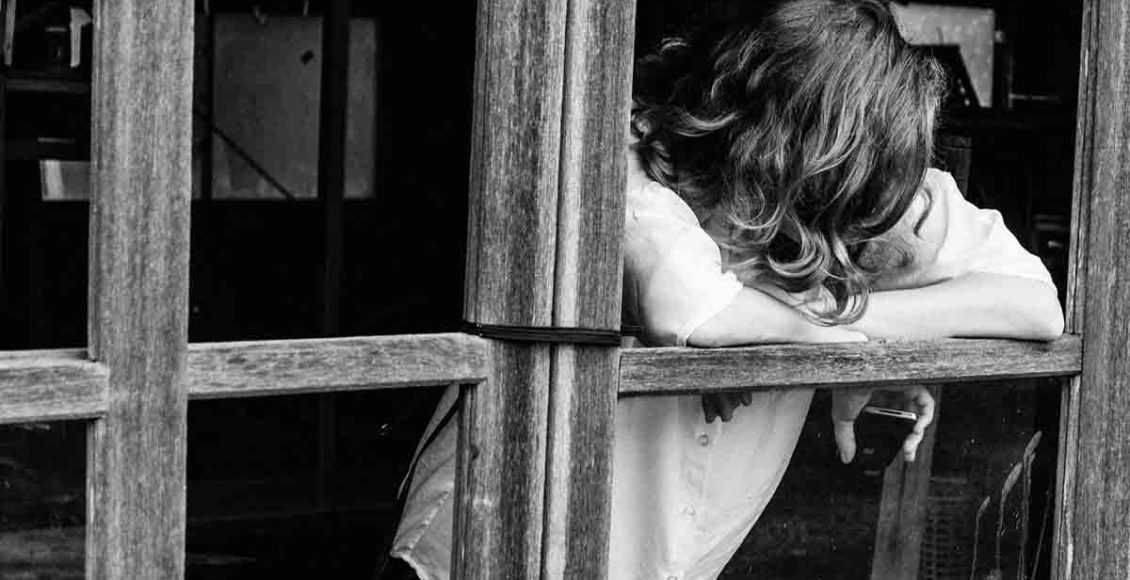What is social anxiety disorder?
Social anxiety disorder (also known as social phobia) is a chronic mental health condition characterized by an extreme fear of social settings. Among various other things, those with social anxiety disorder struggle talking to and meeting new people as well as attending gatherings. This anxiety often stems from a deep fear of being judged or negatively perceived by others. According to the Anxiety and Depression Association of America (ADAA), around 15 million adults in the US suffer from social anxiety disorder. Even though so many people live with this disorder, several signs are often overlooked.
There are 4 facts you need to know about social anxiety disorder.
1. Social anxiety is not just a fear of public speaking.
While people with social anxiety could have a fear of public speaking, the condition encompasses so much more than that. The condition can evoke an extreme fear of one or more of the following:
- Eating in public
- Making eye contact
- Talking to people
- Making phone calls
- Writing emails
- Using public restrooms
- Meeting new people
- Asking questions (at work, in class, etc.)
- Interviews
2. Social anxiety is more than just ‘a fear of being negatively judged’.
According to Amelia Aldao Ph.D., this condition also makes people afraid of positive feedback. “In many cases, this concern is driven by worry that there’s been some sort of a mistake and that they will be discovered as a fraud. This is what we often call “impostor syndrome,” and it can have ravaging effects on how people perform across a number of situations,” Aldao explains.
3. Having social anxiety does not mean you are an introvert.
You can be an introverted person who does not have a fear or anxiety of social settings and interactions; similarly, you can be an extrovert with social anxiety disorder. Introverted people tend to get emotionally tired quicker than those who are extroverted; for this reason, they may enjoy spending time alone more than going out. Aldao reveals that “whether someone needs a lot of social interaction or not has nothing to do with whether they are anxious about those very same social situations. Just because we enjoy doing something, it doesn’t mean that it won’t make us anxious.”
4. Social anxiety is not always easy to spot.
People with social anxiety might show up to parties and gatherings despite their fears. It is important to note that just because they have attended such an event does not mean that they are not afraid of social settings. Aldao notes that there are various ways in which someone with social anxiety might avoid interacting with people even though they are present at a gathering. For instance, they may spend the night looking at their phones or drinking excessively in order to feel more comfortable.
If you are struggling with social anxiety, consider seeking treatment such as cognitive behavioral therapy or exposure therapy.


